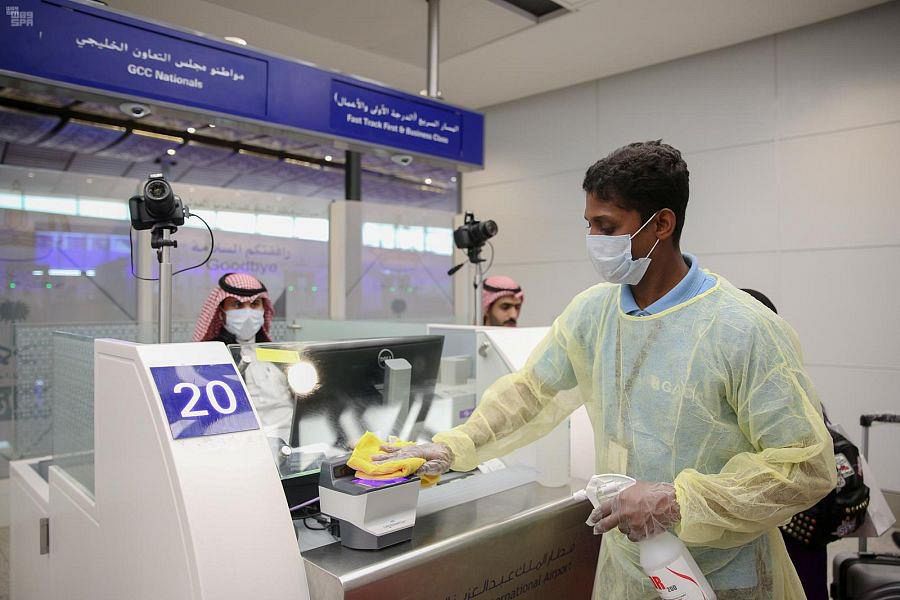
Recent queues for fuel have shown the consequences of abrupt changes in behaviour. Almost as sudden were the changes around the first lockdown in March 2020, when close meetings between people plummeted by about three-quarters. We know this through the CoMix contact survey from the London School of Hygiene & Tropical Medicine (LSHTM), which has continued to ask UK adults about their “direct contacts”, that is any sort of skin-to-skin contact or anyone to whom at least a few words were exchanged in person. Can you remember how many such contacts you had yesterday?
Pre-lockdown, people reported an average of 11 such meetings a day, but this fell to three afterwards and stayed low. Some warned of the dangers of “freedom day” on 19 July, with some mathematical modelling estimating more than 100,000 cases a day. But the CoMix survey shows there was no exuberant return to socialising and so no subsequent explosion of cases.
Trends up to 21 September show that the mean number of contacts for children has remained higher after schools opened, up to about 10 a day. Adults are far less social, with the average number of contacts remaining at about three, including those working from home. In contrast, those going to work average about six contacts per person – around half the number in summer 2020 – but also shows why working from home forms a major part of Plan B for winter.
Self-reported mask use declined and then stabilised in respondents aged 60 and over, while fewer than half of young adults reported wearing a mask in supermarkets. This may fit with your experience.
Laws and guidance do not, by themselves, effect the spread of the virus – the future is determined by actions such as vaccination and ventilation and how people behave; as Prof Adam Kucharski, of the LSHTM, said: “It is a bit like trying to predict the weather if carrying an umbrella will make it less likely to rain.” In a pandemic, personal caution tends to benefit others, in contrast to when such caution encourages you to top up your fuel tank.
David Spiegelhalter is chair of the Winton Centre for Risk and Evidence Communication at Cambridge. Anthony Masters is statistical ambassador for the Royal Statistical Society











